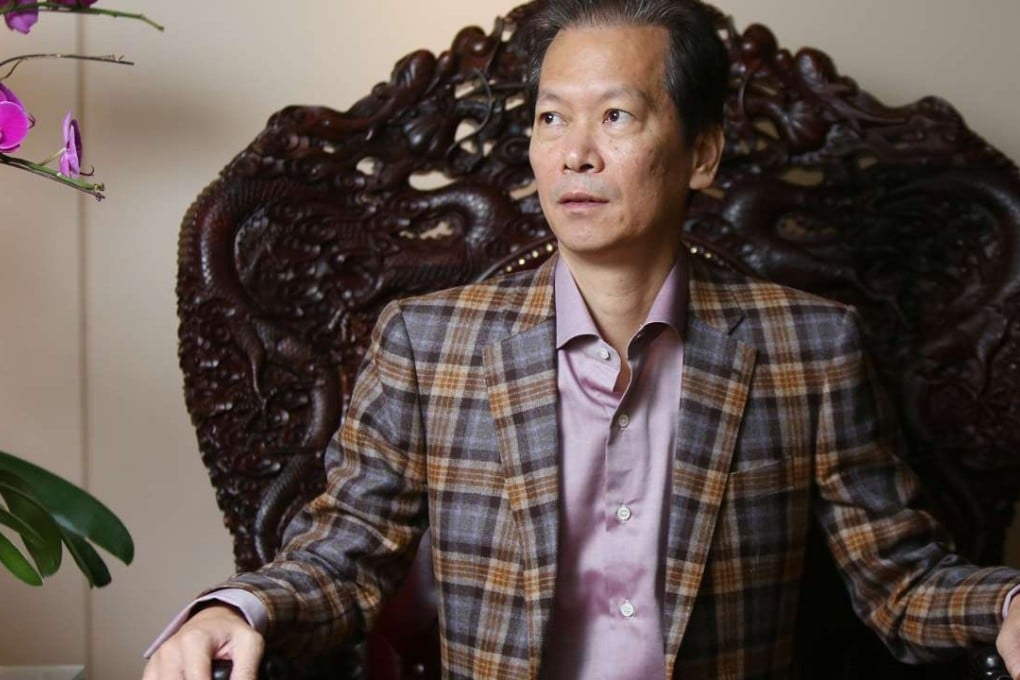Big-spending mainland tycoon sounds alarm bells over the future of Hong Kong’s economy
Investment environment will be affected if there are political uncertainties amid the rise of ‘localism’ in the city

Chen Hongtian, a low-profile tycoon who has spent HK$6.6 billion in Hong Kong over the past six months, has sounded alarm bells over the city’s economy, warning that investors will shift investments out of the city if “localism” continues to spread.
“The investment environment will definitely be hit if the political environment is uncertain,” said Chen, the chairman of Shenzhen-headquartered Cheung Kei Group, which owns businesses involved into property and finance investment.
“Take myself as an example, I had planned to make a lot of investments in the city. Now I am becoming more careful,” Chen told the South China Morning Post.
“ I ask myself what will happen if the (political environment) of the city deteriorates,” he said.
[Localists] are damaging Hong Kong’s business environment,” said Chen, referring to the political movement calling for the city’s autonomy and independence.
He came to prominence in Hong Kong and internationally after spending HK$2.1 billion in June on Hong Kong’s most expensive home.